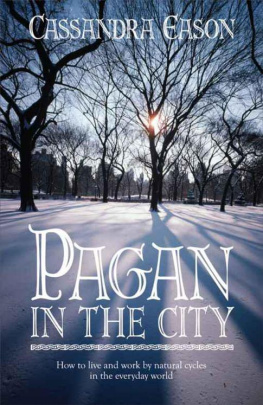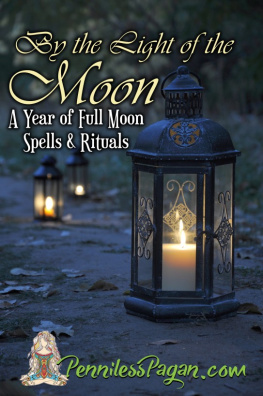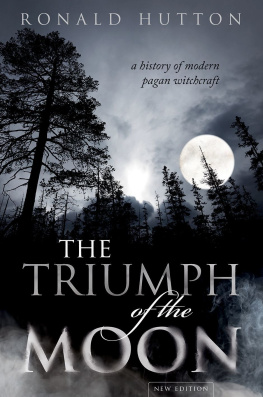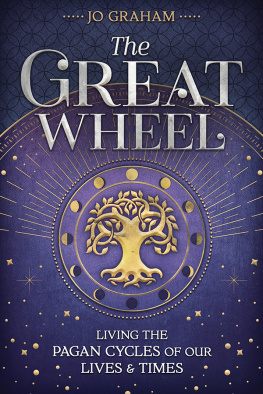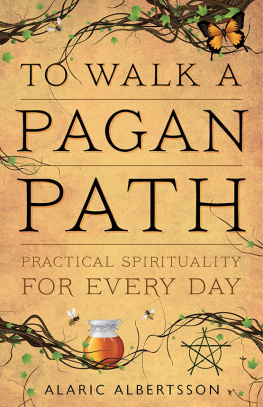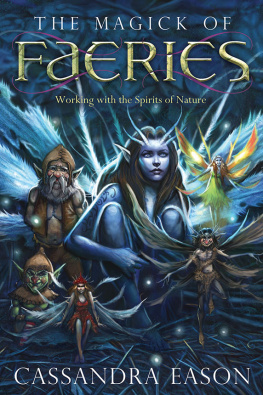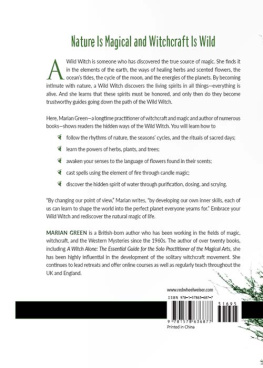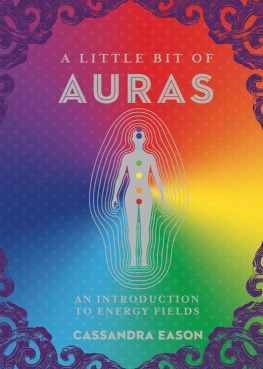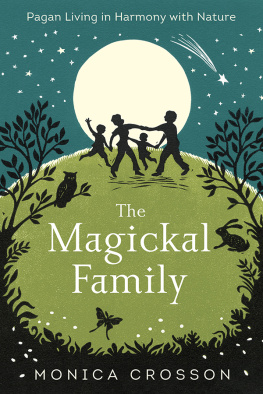
Table of Contents
Paganism and the Everyday World
Have you ever come back from holiday and wished that you could have stayed there forever - even if it rained every day? I moved my family to the rural Isle of Wight from a very comfortable semi-detached house on a new housing estate in urban Reading in Berkshire, not far from London. The move was the result of pure impulse.
Driving along a road on the island, through banks of daffodils and primroses one windy, rainy March holiday, the family decided - unusually unanimously for my lively brood of five - that we were going to live in that road. Then it would not matter if it rained, they said, as the sea would always be there and we would not need holidays.
After two years of false starts and setbacks, a house purchase in that road went through. Though the decision was a financial disaster, the daffodils and primroses still bloom every spring and the children experienced a wonderfully safe childhood, with almost every free moment spent on the beach or on the downs.
When they grew up, they adopted distinctly non-otherworldly careers in banking and hospitality, but they all still love the countryside and the sea. And I can hear the sea from my garden on a windy day and see it if I stand on a chair in my top back bedroom ('sea glimpses' in estate-agent speak).
Many people make the decision to downsize as I did, to move abroad or live a simpler life, but for others the return to daily routine after a holiday rapidly wipes out the temporary sense of freedom and harmony.
This need not happen, however, as in town or country there are basic small lifestyle adjustments that can ensure continuing tranquillity and positive connection with a more pleasurable, less stressful way of life.
Becoming a 21st-century pagan
Pagan comes from the Latin paganus, which means country dweller, and has come in the modern world to refer to anyone - city or countryside dweller - who follows the cycles of the seasons, the moon and the sun, rather than becoming a slave to measured clock time and the 24/7 frantic activity cycle.
Even if you live in a high-rise tower block in the city centre, you can be a pagan if you love nature, have a window box of herbs and take regular trips to the nearest green space. You can be a Christian, a Jew, a Muslim, a Buddhist or practise no formal religion and still live the pagan way while holding down a demanding job and juggling home and personal commitments.

I was pagan before I knew the word, even as a child living in the centre of industrialised Birmingham. I still remember our backyard where there was a rose bush and a walnut tree that every year produced a single nut.
Though I am now trained in two neopagan forms of spirituality - as a solitary witch (Wiccan) and druidess (Celtic nature priestess) with the Order of Bards, Ovates and Druids - these are part of my everyday world and are essentially a private way of improving the spiritual and actual quality of my life.
Just as holidays by the sea or in the countryside energise and harmonise stressed bodies and minds, so paganism brings with it a lifestyle and spirituality base that makes it possible to become more in tune with your own innate rhythms, ebbs and flows.
With the decline in influence of conventional formal religions, people are increasingly looking for a spiritual path that has personal meaning and in which they can directly and privately participate at the times when they have the time and inclination.
This book is a practical hands-on guide to bringing the best of the old ways into modern urban as well as rural life. These more natural and established ways of living enable us to prioritise and restructure personal and family life so that we feel more in control of our destiny and better able to live in a way that brings us closer to the reasons we, perhaps many years ago, embarked on our current life path and relationships.
Making personal time and space
Whether you live alone, as I do for most of the time now my children are grown up, are juggling home and work with perhaps the care of older relations or are trying to make your mark on the world and get on the housing ladder, a pagan path can make your leisure time, however limited, more meaningful and restorative.
It can also improve communication with loved ones by creating an oasis of calm and acceptance, which can be hard to find in the activity and technological bias of modern life. Take the ever-present mobile phone that I have occasionally even seen tucked into priest and priestess robes at festivals!
Have you seen the television advertisement in which the insistent ringtone interrupts a woman about to reach the peak on a lonely mountain, and another one in which the phone shatters the peace as a solitary man fishes from his rowing boat in the centre of a lake? You are never more than a ringtone away from your work is the gist of the message.
The range of modern telecommunications means that even on holiday in the most remote parts of the globe, some people are still plugged into work and home (I have witnessed computers and games consoles being used on stunningly beautiful beaches). Once the seaside postcard to the folks in the office was the norm and the only communication with home, except in emergencies.
Neo- or new, modern paganism has, of necessity, adapted to the realities of modern living. The original pagans in the pre-Christian societies before the fifth and sixth centuries CE lived in a very different world to neopagans who wear city suits, work on oil rigs or in computer software design companies and dash into a wine bar for a swift drink after work before the long commute home. The weekend family barbecue has become the modern version of the ancient Blot or magical feast of heathen tradition, sharing food and laughter (and the odd benign spiritual essence) with family and neighbours.
In any organised group, religious or secular, ancient or 21st century, including paganism, there may be politics, factions, backbiting and 'I have a smaller carbon footprint than you' competitiveness. But, on the whole, nature-based spirituality is caring, people-centred, environmentally aware and gentle, and counteracts the modern 24/7 frantic dash that even our children can get caught up in. It is all about doing one's best, sometimes in difficult circumstances, and 'Thou shalt not' is far outweighed by 'Why not try ...' and 'Can I help?'.
The history of paganism
Paganism is probably the oldest kind of religion and was practised perhaps as far back as 30,000 BCE in hunter-gatherer societies. In these times, Mother Earth was seen as the source of all life. She may have been the earliest focus of reverence as the giver and taker of life and the bringer of rebirth, as new plants were seen growing in the earth where human and animal bones were buried and the herds returned annually to graze on the same ground.
The earliest known Earth Mother figurine, found in Willendorf in Austria, dates from 24,000 to around 22,000 bce or perhaps even earlier. She is made of limestone tinted with red ochre. The figure is just less than 11 cm/4.5 in high and is, not surprisingly, in the form of a very pregnant woman.

Next page
